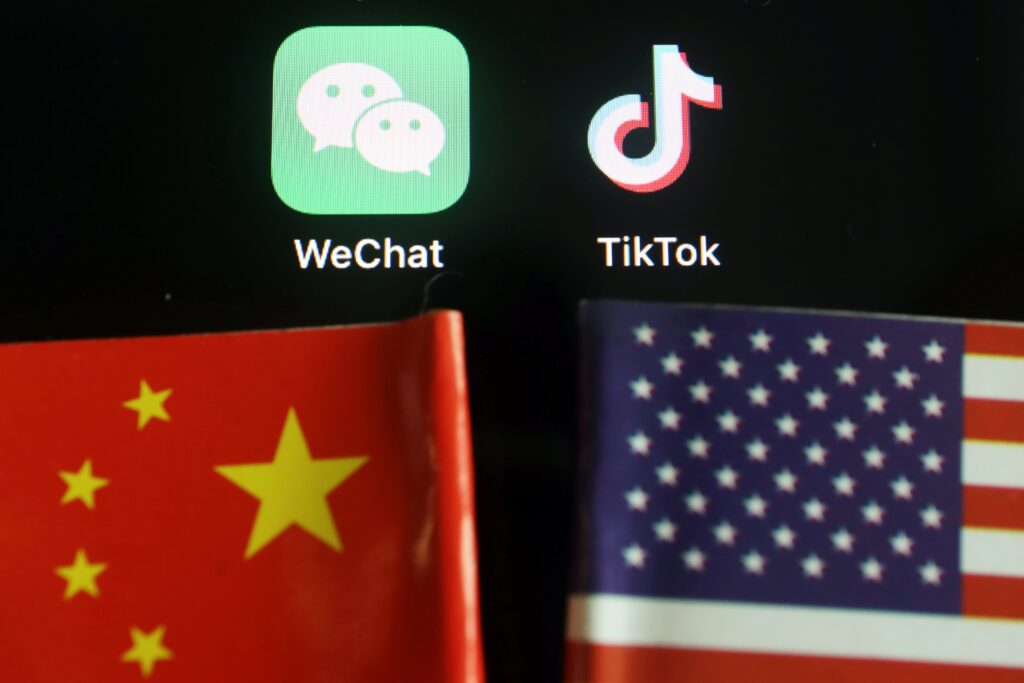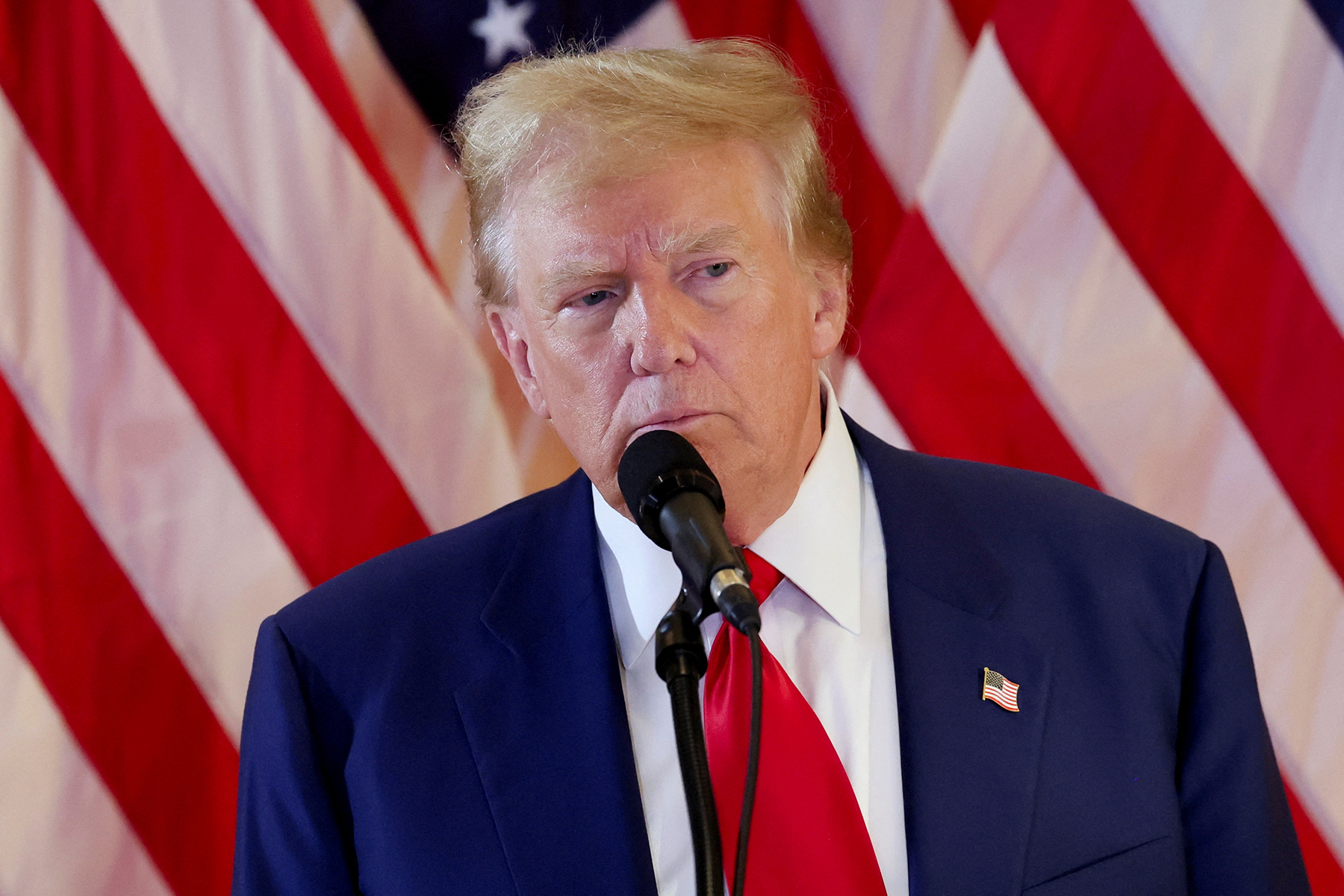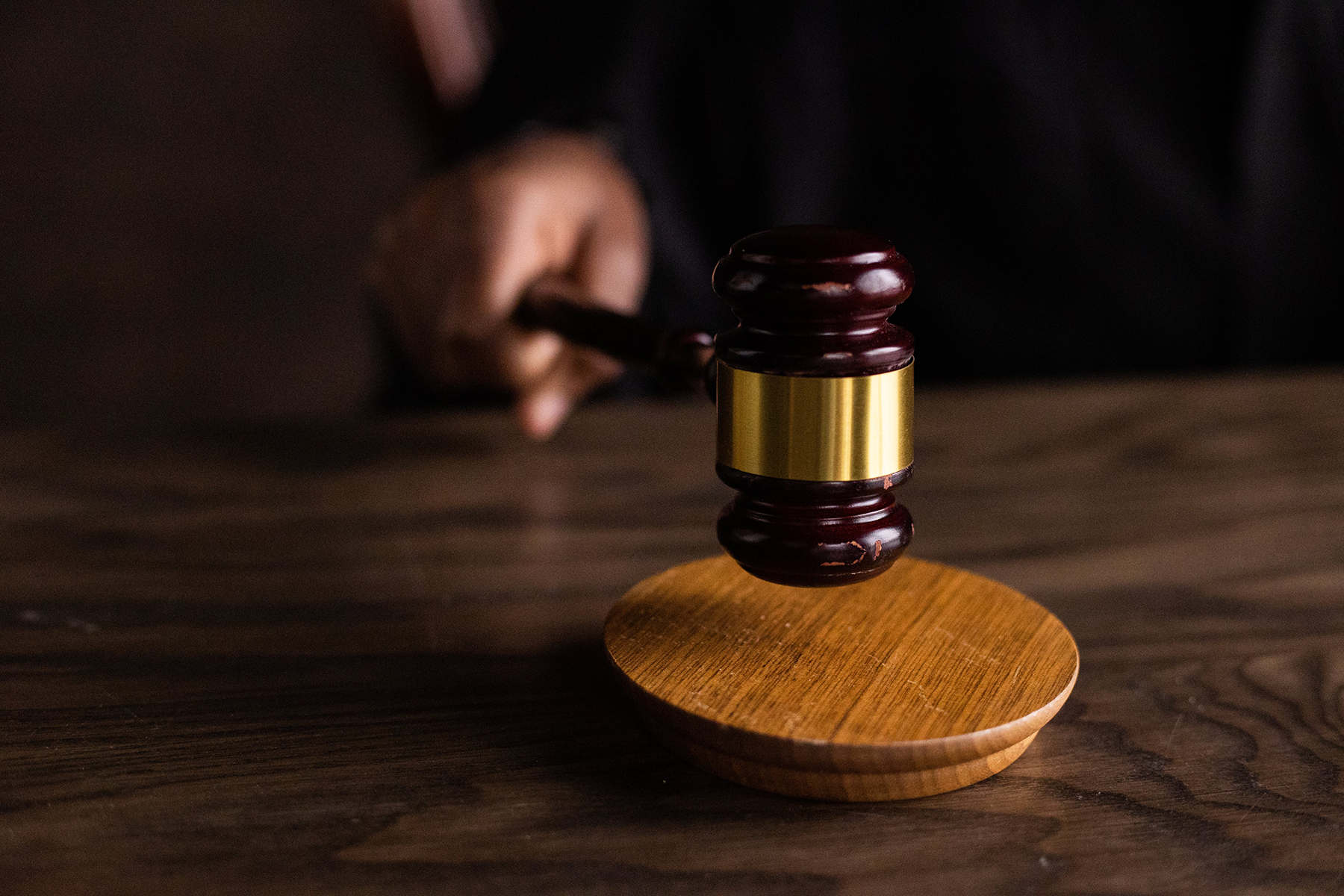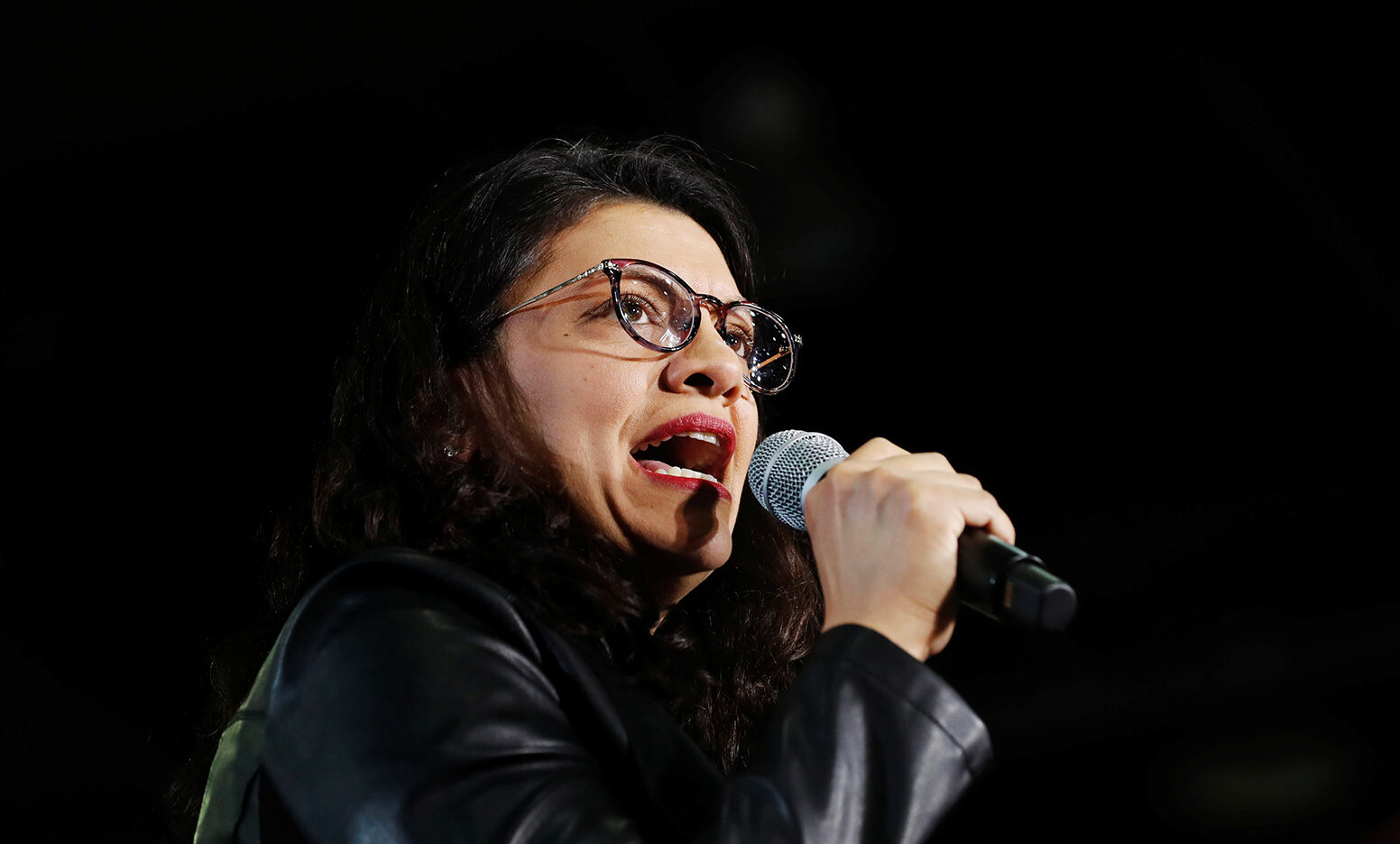President Donald Trump is facing two new legal challenges over two executive orders he issued on August 6th banning Americans from doing business with the messaging app WeChat and video app Tiktok.
The lawsuits, filed by WeChat users and the company Tiktok, claim the executive orders violate the First and Fifth Amendment, and that the law is unconstitutionally overbroad.
One lawsuit, filed on August 21st by an alliance of WeChat users, claims that the restriction “targets and silences” Chinese speakers in the U.S. WeChat is widely used by Chinese-Americans to communicate and to send money to friends and family in China. Forcing users to switch to alternative apps would cut them off from a “vast network of Chinese-speakers” who are drawn to the app because of its unique Chinese user-interface, the lawsuit argues.
Among the plaintiffs listed in the WeChat suit is a California resident who uses WeChat to provide mental health services to a local Chinese community, as well as a Chinese-American Christian who has used it during the pandemic to stay in contact with a Chinese-speaking Bible study group.
Filed on August 24th by the company TikTok, the second lawsuit order violates “due process of law and for political reasons rather than because of an ‘unusual and extraordinary threat’ to the United States, which is a condition for the President to exercise his authority under the International Emergency Economic Powers Act.” In his order banning the app, Trump cited national security concerns due to its Chinese ownership.
“Through this executive order…President Trump seeks to use IEEPA against TikTok Inc., a U.S. company—headquartered in Los Angeles with hundreds of employees across the United States—to destroy an online community where millions of Americans have come together to express themselves, share video content, and make connections with each other,” the lawsuit states, adding that IEEPA does not allow presidents to restrict “personal communications.”
Though Trump has said that both executive orders are necessary to prevent the two companies from sharing U.S. user data with the Chinese government. However, both lawsuits insist that the White House has not actually provided evidence that either app compromises national security. Furthermore, In failing to specify what sort of “transactions” are prohibited under the orders, the order leaves WeChat users and TikTok employees unsure what would actually constitute unlawful behavior.
Both lawsuits are asking for declaratory relief, as well as a preliminary and permanent injunction barring the president from enforcing the orders.
New York Times TikTok Lawsuit WeChat Lawsuit
Tags




